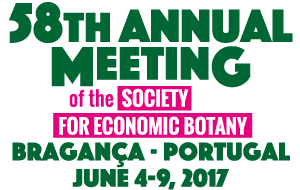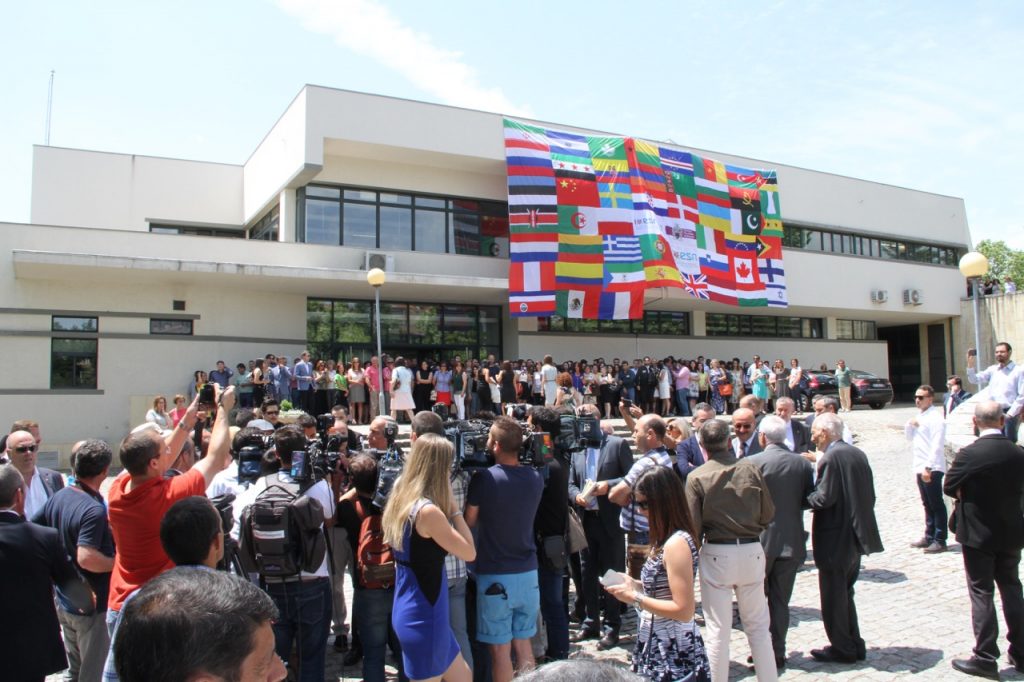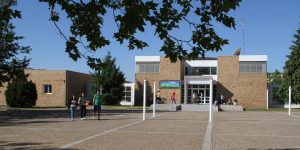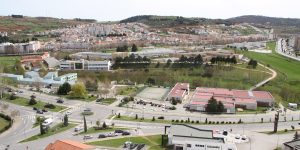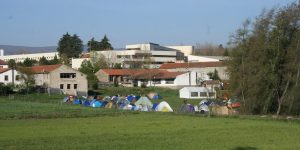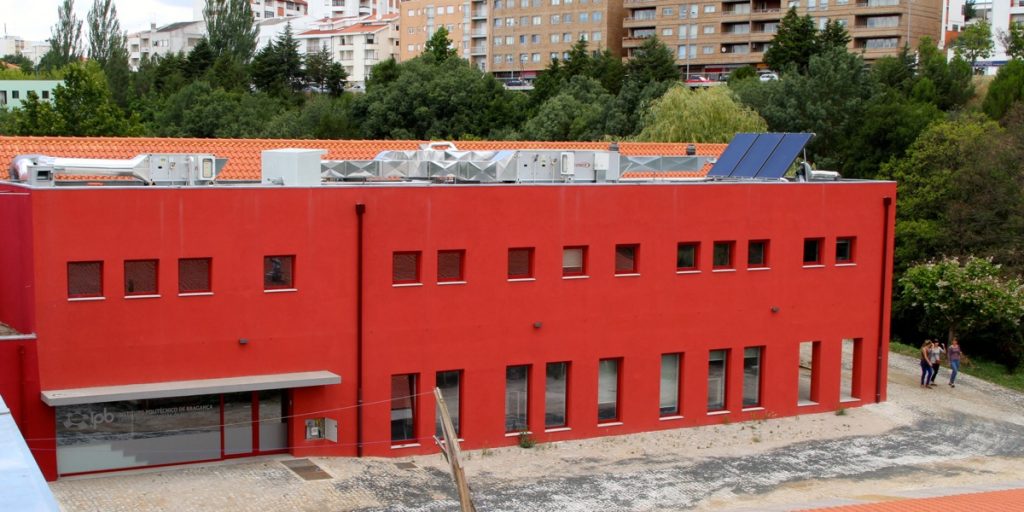Polytechnic Institute of Bragança
The Polytechnic Institute of Bragança (IPB) is a public higher education institution founded in 1983. With around 400 faculty members and 7000 students, it is organized in 5 schools: Agriculture, Education, Health, Technology and Management in Bragança and Management and Tourism in Mirandela.
It offers bachelor and master degrees, some of them fully lectured in English, as well as Portuguese language and culture courses for foreign students, short courses and summer programmes. It has also an internationalization programme with widely recognized success, including the annual mobility of more than 1000 incoming and outgoing students and 200 teaching staff members. Nowadays the institute is a multicultural institution where 13% of its students are international students from all over the world.
IPB belongs to the European Network for Universities of Applied Sciences (UASnet), which main objectives include the transferability of professional skills and the integration of applied research in their professional and technological education mission.
IPB has modern and well-equipped facilities, namely laboratories, ateliers, centers of resources and libraries, supporting high-quality education and providing innovative, practical and experimental skills. It has also a range of other services on offer including a careers service, data archiving and networking, library services (including digital library and on-line resources), wireless access (eduroam), conference services, accommodation in halls, restaurants and cafeterias, a sports complex and chaplaincy. The campus is surrounded by a pedestrian and bicycle track.
Mountain Research Centre
The Mountain Research Centre (CIMO) was founded in 2003 at the School of Agriculture of the Polytechnic Institute of Bragança and is part of the Portuguese Science Foundation (FCT) research centers network. The Centre focused on mountain issues aims at producing sound science directed to the improvement and valorization of mountain ecosystems. It includes 164 members with backgrounds in ecology, forestry, agronomy, planning, chemistry, and biology, among other.
